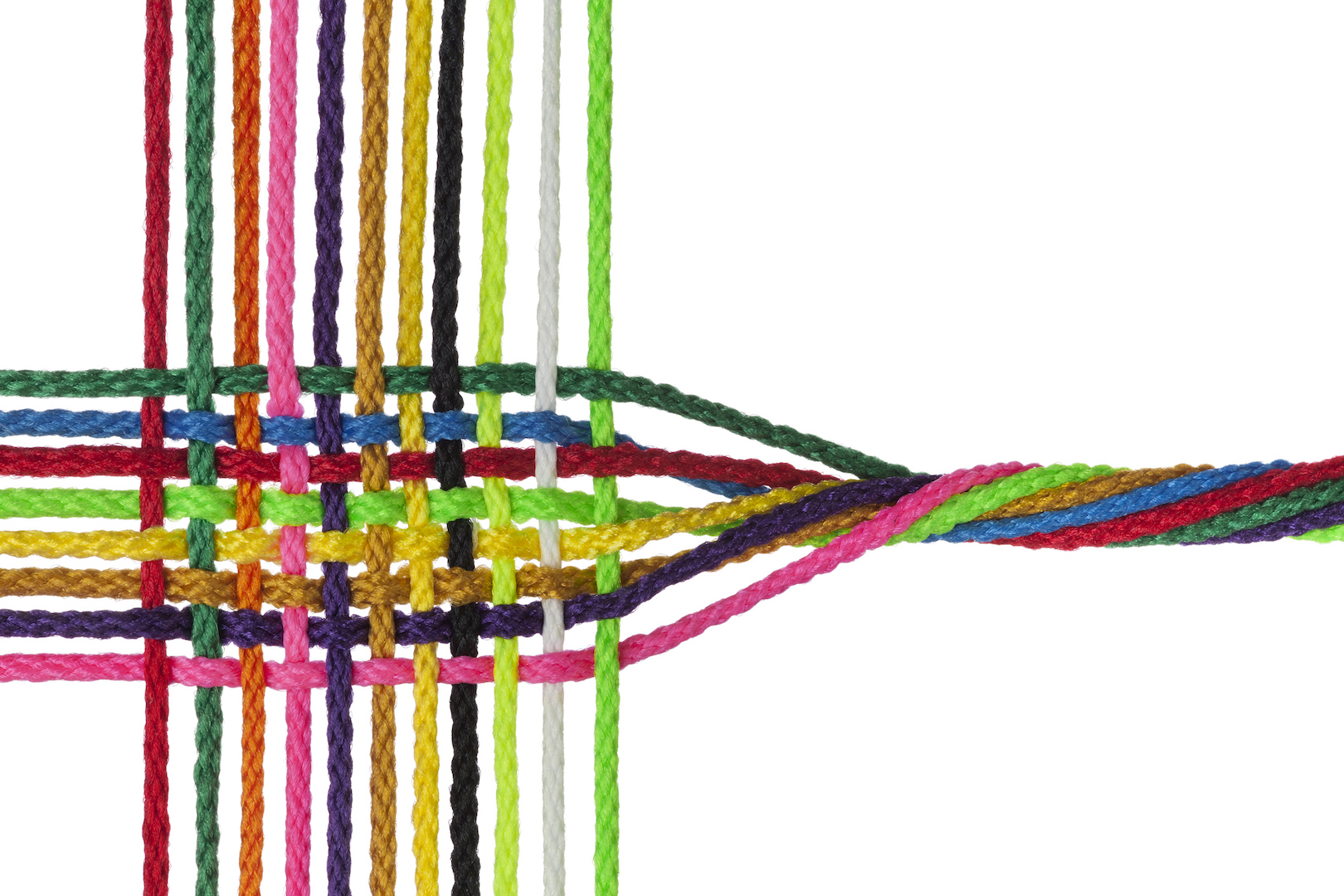In 2021, resilience is undoubtedly top-of-mind for business leaders as they face the COVID-19 pandemic and threat of climate change amidst a precarious geopolitical environment. While corporate resilience is the capacity of an individual company to transform nimbly, rebound quickly, and prepare effectively for dramatically changed circumstances, collective resilience refers to the capacity of multiple companies and stakeholders to jointly respond to, recover from, and defend against some of the most pressing global challenges of our time.
In Asia, companies ranging from multinationals and private corporations to sovereign wealth funds and state-owned enterprises are leading, expanding, and participating in networks for collective resilience. These include response networks that channel information in times of acute crisis, stabilization networks that aim at recovery and recuperation after the crisis, and defense networks formed in anticipation of future threats. In contrast to the “chessboard view” of international relations which emphasizes the zero-sum power game among nation-states, more relevant in this context is the “web view” which recognizes the role of non-state actors such as businesses in forming meaningful networks of sharing, connection, engagement, and collaboration.
First, the pandemic brought together companies and other stakeholders in a variety of resilience networks. In May 2021, members of the Asia Business Council supported the Confederation of Indian Industry in addressing the second wave of the COVID-19 crisis in India. Meanwhile, given the critical gaps in the supply of COVID-19 vaccines for developing countries, vaccine manufacturers signed advance purchase agreements with multistakeholder network COVAX, which also enjoys the support of corporate donors like Nikkei, TikTok, and HSBC. Furthermore, digital vaccine passports can be seen as stabilization networks where health, technology, and aviation industry partners are collectively working toward a global recovery in travel.
Second, climate change is another area where business action is necessary to help secure a resilient future. In June 2021, the Green Digital Finance Alliance launched the “Every Action Counts” coalition to encourage sustainable consumer behavior through apps like Ant Forest and GCash Forest. In Vietnam, the United Nations Industrial Development Organization engaged more than 70 companies to transform conventional industrial zones into eco-industrial parks in what can be seen as a networked solution against the environmental crisis. In addition, the SME Climate Hub is a network of networks that encourages collective action among SMEs as well as multinationals that have made a commitment to halve emissions by 2030 and achieve net zero emissions by 2050. The hub is a focal point for overlapping networks as the firms engaged in the broader resilience network are often leading or participating in narrower resilience networks that are specific to a company or industry.
Companies are also working together to resolve other complex problems, ranging from big picture issues to more specific challenges in a particular area. Importantly, corporate resilience and collective resilience are inter-linked in both directions. Companies need to do well before they can work with other stakeholders to solve global challenges. At the same time, business competitiveness is also tied to leveraging participation in key networks to gather critical information, unlock partnership opportunities, and successfully tackle global crises which cannot be overcome by the efforts of any single company.

